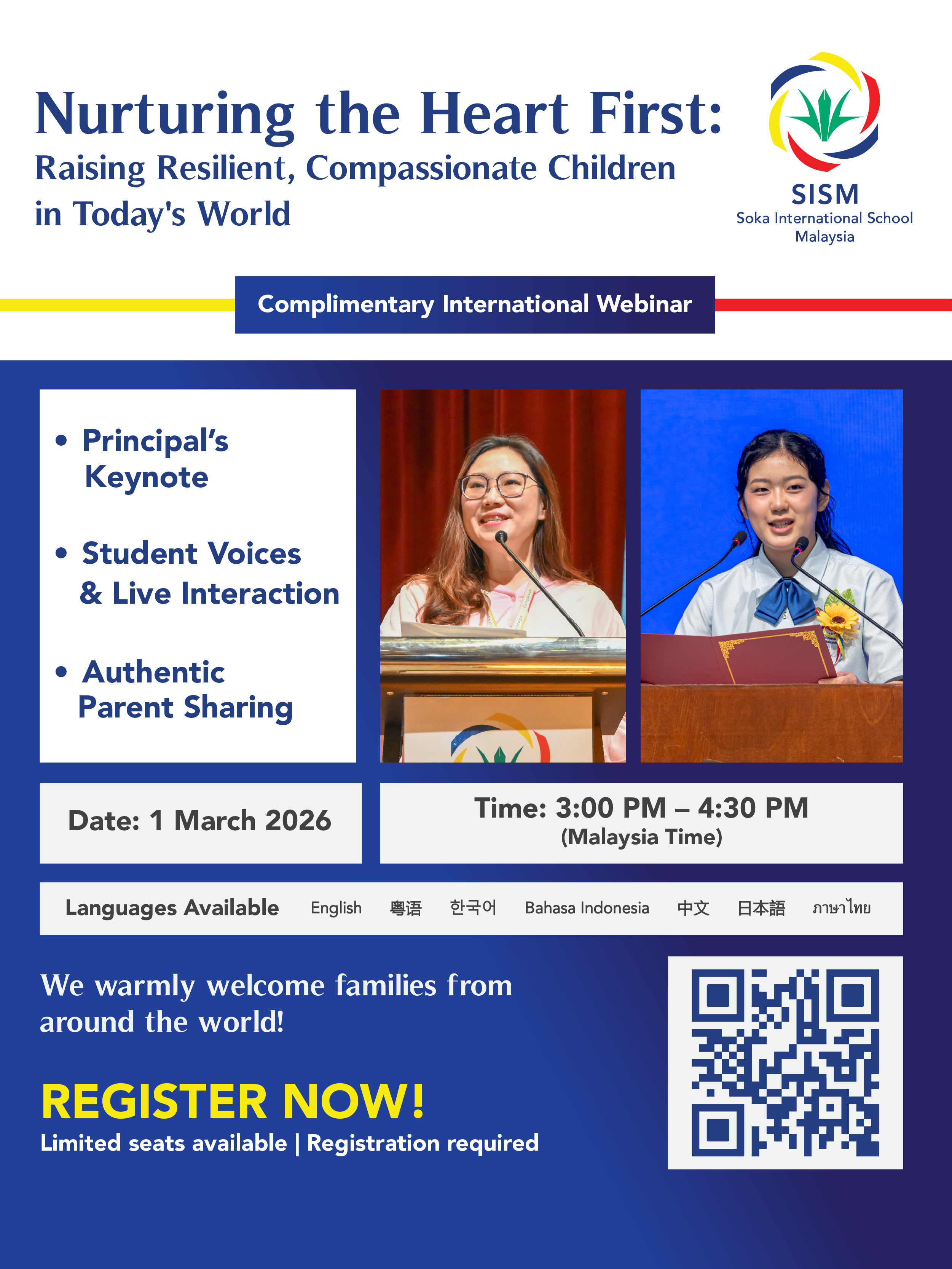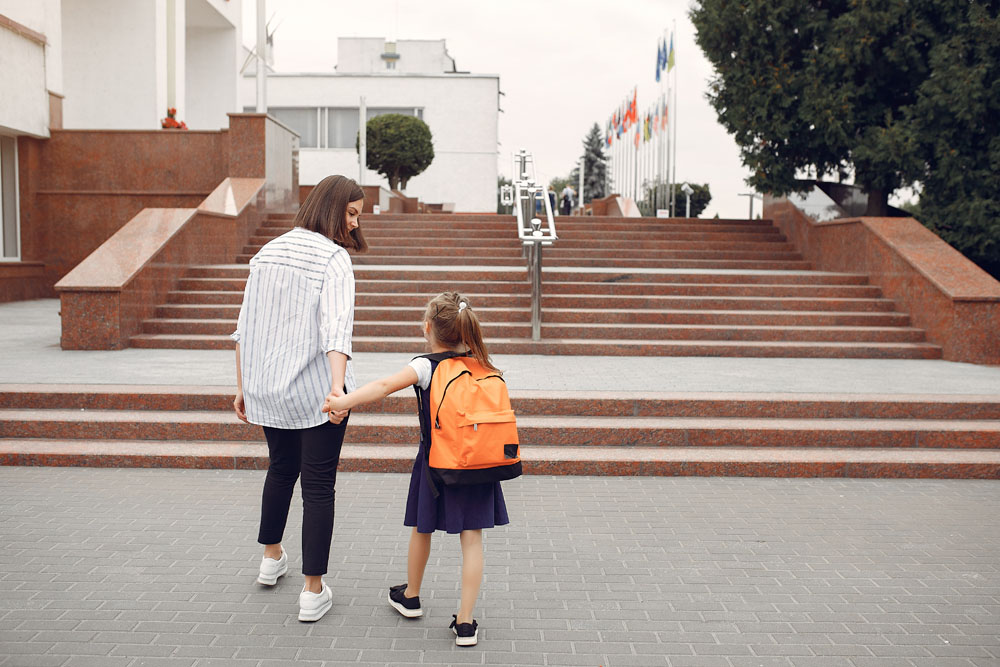Tradition carries with it a profound and weighty responsibility. Living in this competitive, technology-driven world, parents often prioritize work in order to enjoy a quality lifestyle and provide their children with the best education. Consequently, they may find themselves downplaying cherished traditions. However, when traditions have been replaced or their significance diminished, our next generations might only learn about these valuable customs from secondary sources. Regardless of why a tradition ends, there is inevitably a great sense of loss.
Reflecting on the joy and sense of belonging that these traditions brought us in the past, it becomes our responsibility as the current generation to revive and preserve these traditional practices. In Malaysia, we are fortunate to be able to appreciate the vibrant street arts and savor unique cuisines and other diverse cultural celebrations that are easily accessible. Hence, there’s no excuse for not initiating moves to revive these traditions. This article is an attempt to help you explore methods of integrating traditions into family life during cultural celebrations.

Understanding Family Heritage
Making an effort to understand your cultural heritage is indeed a straightforward way to integrate traditions into family life during festive seasons. You may start by learning the language of your ancestors, such as Malay dialects, the languages of Sabah and Sarawak as well as Chinese dialects and the different Indian languages in use in our country. The languages of the Orang Asli could also be explored for this purpose. While being multilingual, you and your children may also experience the social interaction benefits that come with their use. Make learning a heritage language a fun activity with your children by adding a few new words to your repertoire each week. Otherwise, consider creating a family word wall to showcase the words your family has learned over a specific period.
Flashback to a hundred years ago when groups of families, from great-grandparents to great-grandchildren, lived in the same village or even next to each other. Conversely, in today’s world, you may have relatives who have moved to another continent, and you may only see them once in a blue moon. Understanding family heritage may have been effortless in the past. These days even when divided by space, people sharing the same familial heritage feel a sense of togetherness.
Foster Meaningful Traditions
Being born in a multi-cultural society, we are indeed fortunate to celebrate a variety of traditions during festive seasons. Let’s recall the colorful, vibrant, and dynamic festive occasions we have celebrated in Malaysia over the years. Let’s take a look at the traditions for different festive.
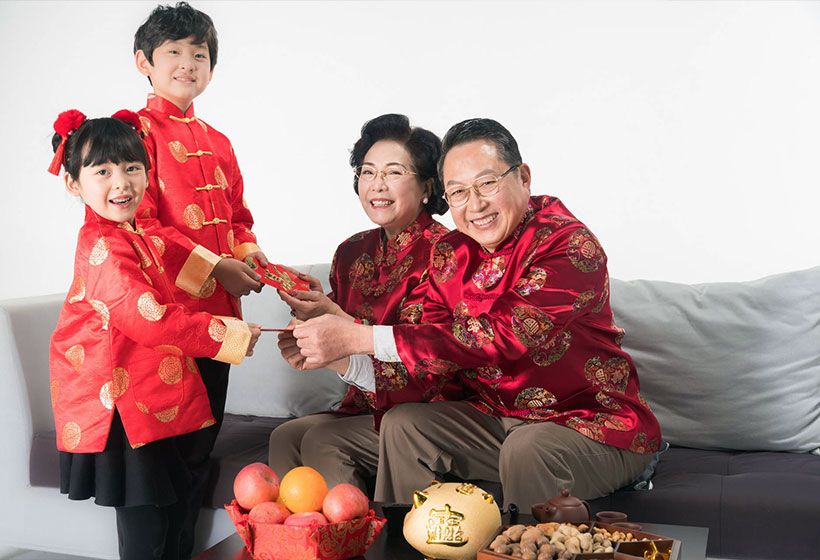
Chinese New Year Traditions – The Chinese New Year’s Eve dinner, also known as the family reunion dinner, holds great importance for Chinese families. Relatives from the extended family from every corner of the world usually make an effort to travel back for this reunion dinner, indulging in traditional food around a round table. This festive occasion not only strengthens family bonds but also serves as a way to honor ancestors. And for every young child, the favorite part comes with the tradition of giving out red packets with cash gifts – a gesture to bless the younger generation with good fortune and a healthy and long life.

Hari Raya Aidilfitri – In the same way, our Malay friends return to their ancestral villages to reunite with their relatives and give out green packets! Besides dressing up in traditional attire and spreading happiness, Hari Raya Aidilfitri is a season to celebrate faith and gratitude for Muslims after they have completed a month-long spiritual journey of fasting, praying, helping the needy and self-reflection. It is a celebration of forgiveness and reconciliation for those who have wronged others or been wronged themselves. As parents, we have a huge responsibility to instill these values in our children. You may discuss forgiveness and how embracing it can help them move forward in a positive way.
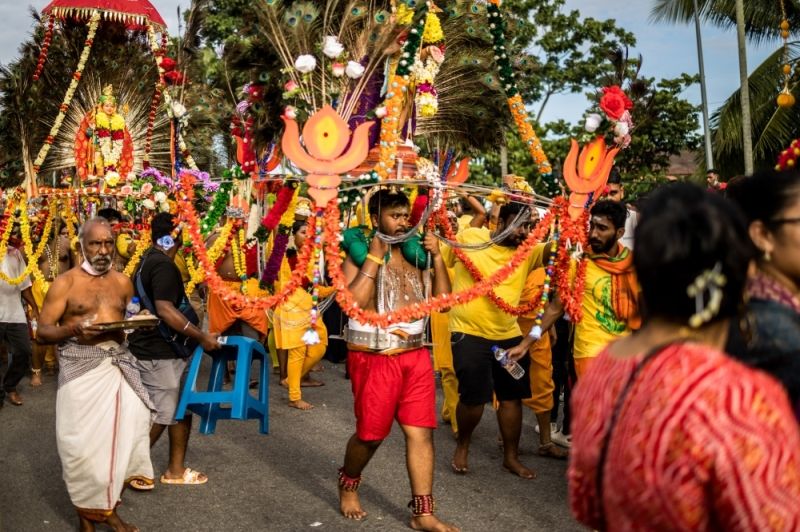
Image from malaymail
Thaipusam – Besides Diwali, Thaipusam holds immense significance for the Hindu community. It is one of the most fascinating festivals where devotees engage in extraordinary acts, such as piercing themselves with pins and spikes, hanging pots and fruits off their chests with hooks. Getting your children to witness and immerse themselves in such a vibrant culture and rich traditions can be an enriching experience for them. However, it is essential to educate them about the background and significance of Thaipusam before getting them involved in such activities.
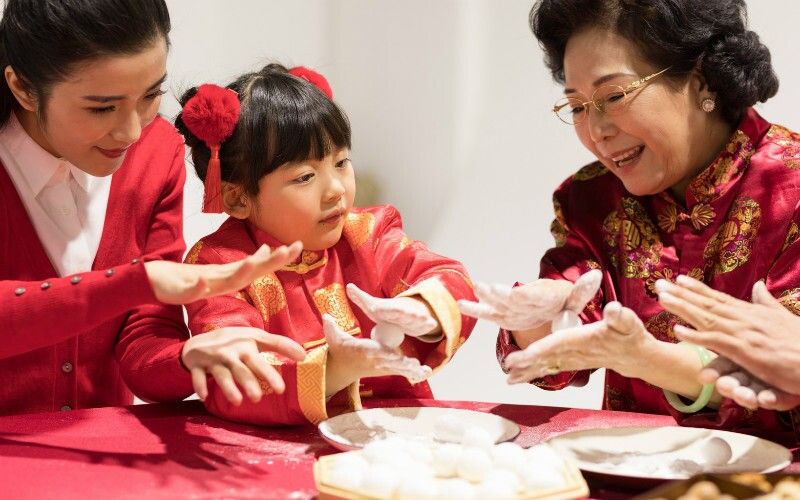
Culinary Adventures – prepare and try diverse cuisines
In addition to the major ethnic groups of Malay, Chinese and Indian, Malaysia is home to numerous smaller indigenous groups, including the Peranakan, Kadazan-Dusun, and many more. This melting pot of cultures has allowed Malaysians to share each other’s traditions, especially through their rich and diverse cuisines. To keep this cultural flame alive, instead of cafe hopping during the weekends, consider inviting your children and their grandparents into the kitchen to cook traditional meals. Packing these traditional meals for your children’s school lunches can not only provide a connection to their heritage but also create a conversation piece among their friends, fostering cultural exchanges at school. Besides that, you may consider getting your children to try out mouth-watering traditional delicacies during their holidays, such as Nyonya food in Melaka or enjoying Nasi Kerabu in Pahang.
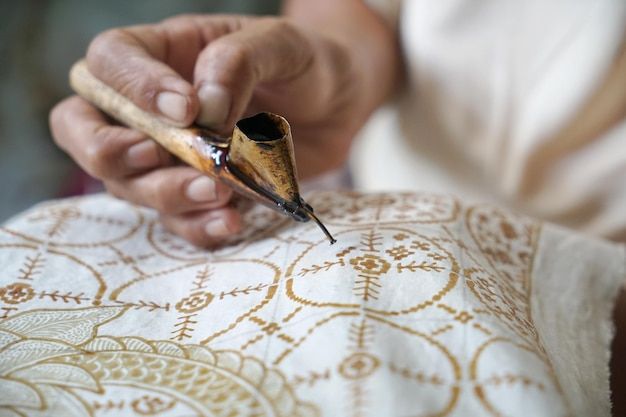
Arts and Crafts from different cultures
Malaysia’s arts and handicrafts are as vibrant and diverse as its multicultural heritage. You can see the reflection of our diverse culture infused in the various artistic creations. Some famous examples you might have heard of include Batik, Rattan Weaving, and variations of the Wau., the kite. While overseas destinations may have panoramic and breathtaking scenery, Malaysia, too, is a country worth exploring for a weekend getaway. For example, you could join a batik and Wau making workshop in Malaysia. These activities not merely enable your children to explore local traditional crafts, but also foster connections with various ethnic groups and their backgrounds.
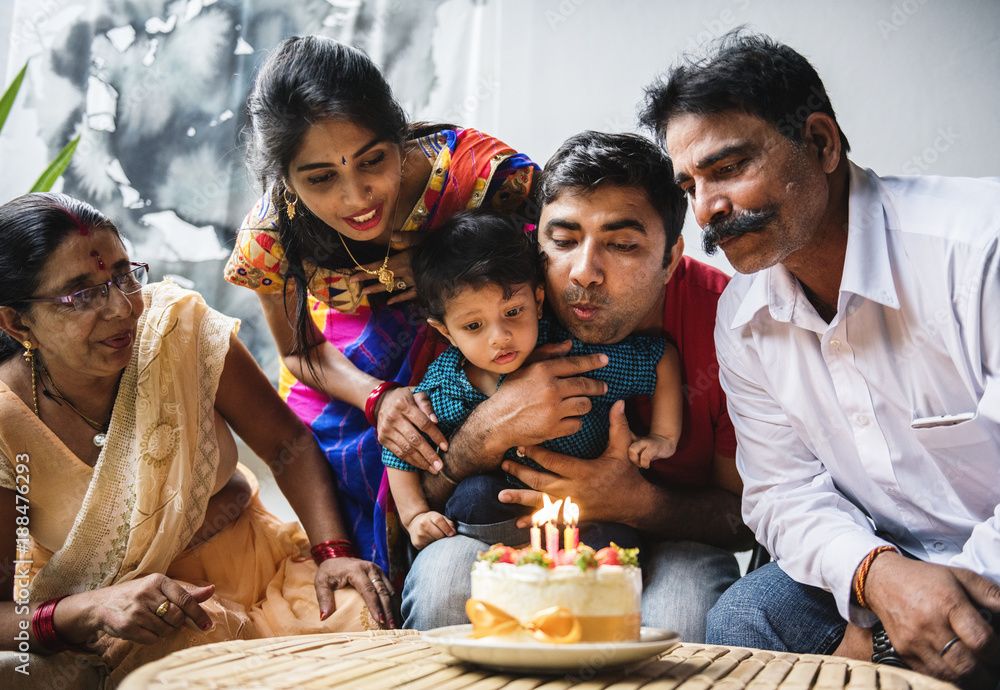
Connect with elderly
Undoubtedly, our senior family members hold the richest source of all the great stories from our family heritage. Their wealth of interesting memories and experiences offer insights into a bygone era that our generation will never personally experience. Create opportunities for your children to connect them with their grandparents. This could involve cooking together, taking a trip back to the hometown or simply recounting tales of their ancestors.
The methods about integrating traditions into family life during cultural celebrations mentioned above are not difficult. With some planning and creativity, you can play a part in preserving these traditional practices for the generations to come.
Further readings:
Benefits of Being Multilingual
The Importance of Traditions for Children and Family Life
15 Fun family weekend activities to bond with your children






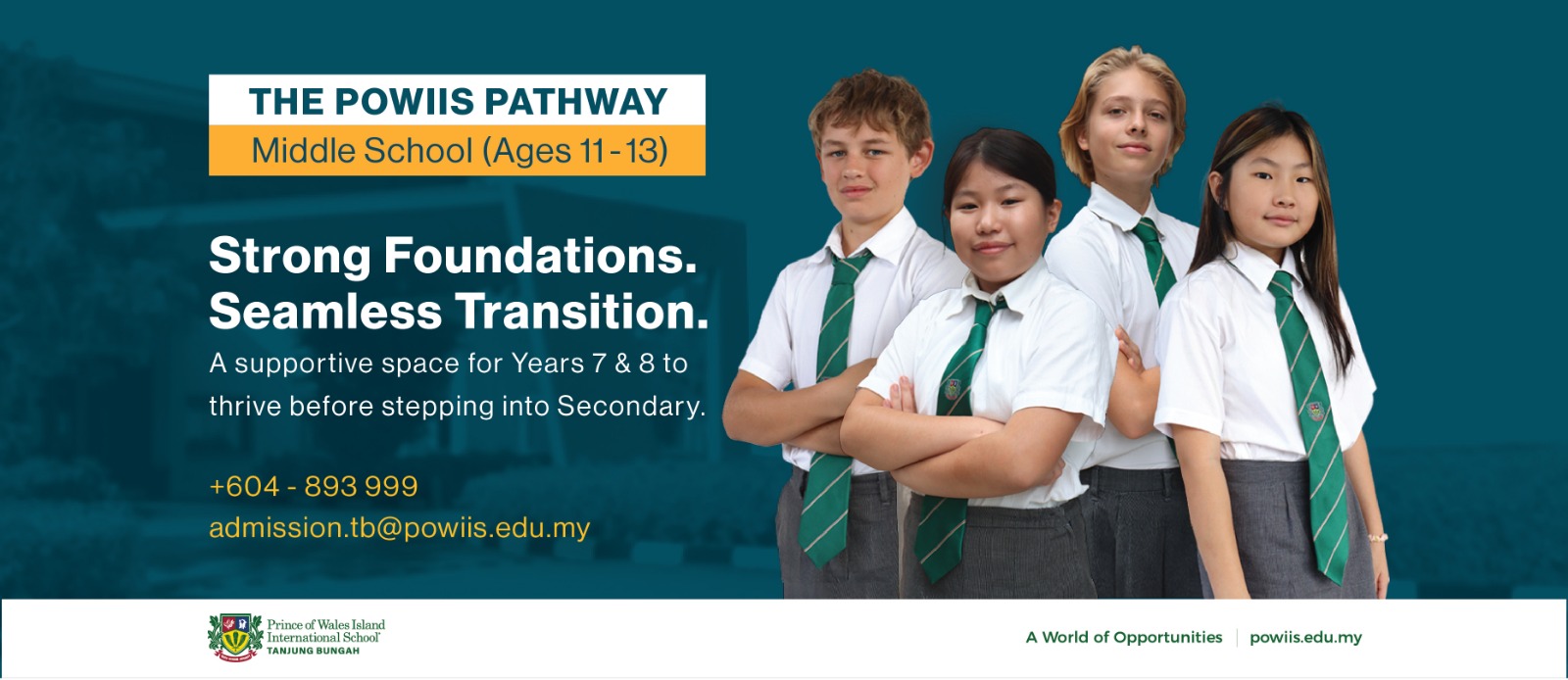





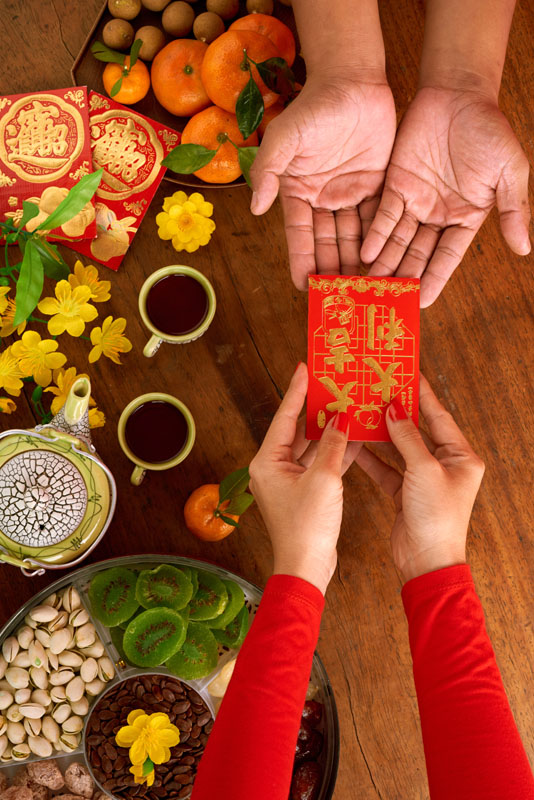
![[Straits International School - Penang] February Holiday Programme](https://mint-edm.sgp1.digitaloceanspaces.com/production/lh44hhnPredErEJXPoyTzwPNixA9Oj.jpg)


